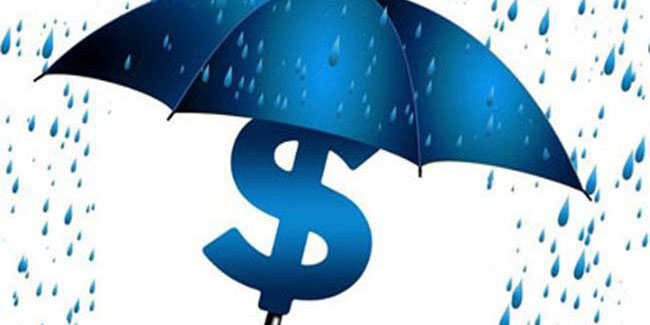Business Hazard Insurance
The terms "business property insurance" and "business hazard insurance" are sometimes used interchangeably. It pays for the cost of replacing or repairing damaged or destroyed property as a result of an accident.

What does business hazard insurance cover?
Theft, vandalism, explosions, building collapse, and some sorts of water damage are all covered by most commercial hazard insurance plans. This is a comprehensive list, of course. To determine which damages are covered and which are not, carefully review your policy. In the context of commercial property insurance, hazard insurance is often used to refer to policies. Most or all of your company's assets are covered by commercial property insurance, including the physical facility and all of the equipment and goods it houses.
Factors that affect the cost of business insurance
The cost of most forms of company insurance is largely determined by the following elements:
Industry
Some occupations carry a higher level of risk than others by their very nature. And the larger the danger, the higher the insurance rates will be. For example, an advertising agency or a home-based e-commerce business would pay more for the same sort of coverage as a construction or manufacturing company.
Location
Based on where your business is located, insurance costs might be very different from one company to the next. Workers' compensation insurance is a good example of this, since state regulations may determine everything from the quantity of coverage to the method through which you obtain a policy. Commercial car insurance premiums are also affected by where the vehicle is located. Insurance premiums likely to be more expensive in locations with a higher-than-average rate of claims.
Size
The cost of your company insurance depends upon the number of workers you have. What is the explanation behind this? Injuries, incidents, and accidents are all more likely when there are more people working in a company. A firm with a large number of workers might expect to pay a higher premium for business insurance. And firms with no employees may be excluded from state workers' compensation laws, which might save them money on business insurance.
Invoices and receipts
Depending on the amount of your yearly payroll, your workers' compensation insurance costs will vary accordingly. National Academy of Social Insurance 2020 research states that the average cost of this coverage is between 70 cents and $2.25 per month, per $100 of payroll. In other words, if you have more consumers, there's a higher likelihood that one of them may be harmed or dissatisfied.
Claim history
Insurance firms are wary of clients who have a history of filing insurance claims. That either means your business is dangerous by nature or that you aren't taking the necessary precautions to protect yourself from harm.
Deductibles and coverage
When it comes to the cost of your company insurance, it is important to know how much your policy will pay you and under what conditions. Comprehensive business vehicle insurance, for example, is more expensive than the state's minimal liability coverage requirement. In the same way, a general liability insurance with an aggregate maximum of $2 million will cost more than a policy with a limit of $1 million.
How to reduce the cost of your business insurance

Avoiding claims on your company insurance is the most cost-effective strategy.
Insurers will reward firms who are concerned about worker and consumer safety, but will penalize those that have a history of workplace accidents, workplace injuries, or negligence claims.
If you do the following steps, you may be eligible for a discount on your business insurance policy:
- Consider combining your insurance policies. A company owner's policy, for example, might save you money on numerous forms of business insurance by bundling them into one policy.
- Prepay your yearly insurance payment. If you select to pay yearly rather than monthly, you may be eligible for a discount.
- In order to save money, raise your deductible. A cheaper premium is usually associated with a bigger deductible.
- By providing proper safety training and doing regular facility maintenance, you may reduce your risk profile.




